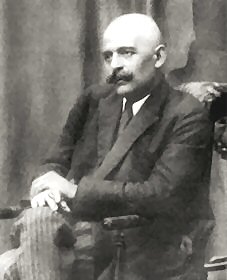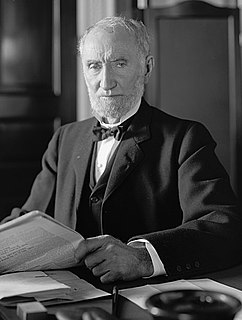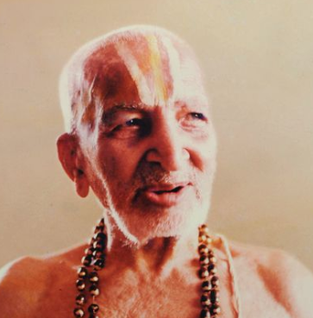A Quote by G. I. Gurdjieff
It is very difficult also to sacrifice one's suffering. A man will renounce any pleasures you like but he will not give up his suffering.
Related Quotes
When a man finds that it is his destiny to suffer, he will have to accept his suffering as his task. . . . He will have to acknowledge the fact that even in suffering he is unique and alone in the universe. No one can relieve him of his suffering or suffer in his place. His unique opportunity lies in the way in which he bears his burden.
When a man finds that it is his destiny to suffer, he will have to accept his suffering as his task; his single and unique task. He will have to acknowledge the fact that even in suffering he is unique and alone in the universe. No one can relieve him of his suffering or suffer in his place. His unique opportunity lies in the way in which he bears his burden.
The world is full of suffering. Birth is suffering, decre- pitude is suffering, sickness and death are sufferings. To face a man of hatred is suffering, to be separated from a beloved one is suffering, to be vainly struggling to satisfy one's needs is suffering. In fact, life that is not free from desire and passion is always involved with suffering.
Sri Yukteswar used to poke gentle fun at the commonly inadequate conceptions of renunciation."A beggar cannot renounce wealth," Master would say. "If a man laments: 'My business has failed; my wife has left me; I will renounce all and enter a monastery,' to what worldly sacrifice is he referring? He did not renounce wealth and love; they renounced him!"Saints like Gandhi, on the other hand, have made not only tangible material sacrifices, but also the more difficult renunciation of selfish motive and private goal, merging their inmost being in the stream of humanity as a whole.
If you want to understand suffering you must look into the situation at hand. The teachings say that wherever a problem arises it must be settled right there. Where suffering lies is right where non-suffering will arise, it ceases at the place where it arises. If suffering arises you must contemplate right there, you don't have to run away. You should settle the issue right there. One who runs away from suffering out of fear is the most foolish person of all. He will simply increases his stupidity endlessly.
The face of the Son of God, who, instead of accepting the sacrifice of one of his creatures to satisfy his justice or support his dignity, gave himself utterly unto them, and therein to the Father by doing his lovely will; who suffered unto the death, not that men might not suffer, but that their suffering might be like his, and lead them up to his perfection.
I would rather quit public life at seventy, and quit it forever, than to retain public life at a sacrifice to my own self-respect. I will not vote for any law which will make fair for me and foul for another. The blacklist is the most cruel form of oppression ever devised by man for the infliction of suffering upon his weaker fellows.


































